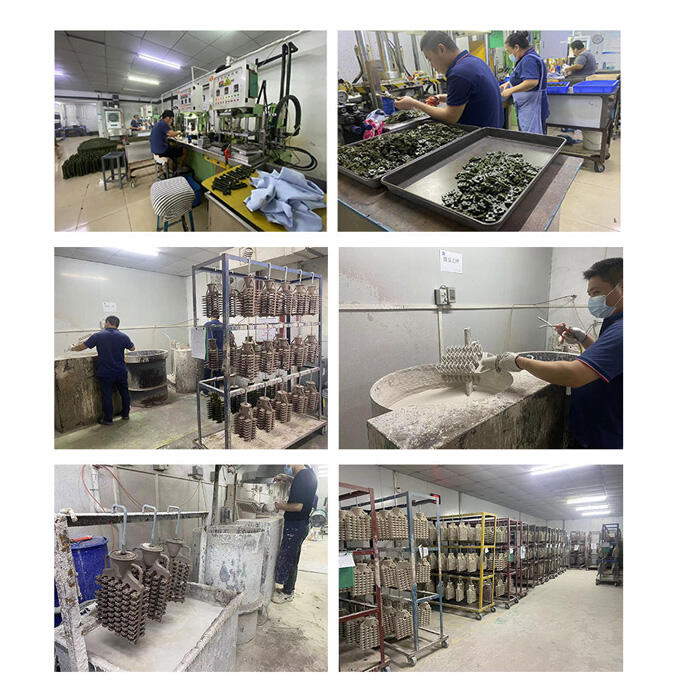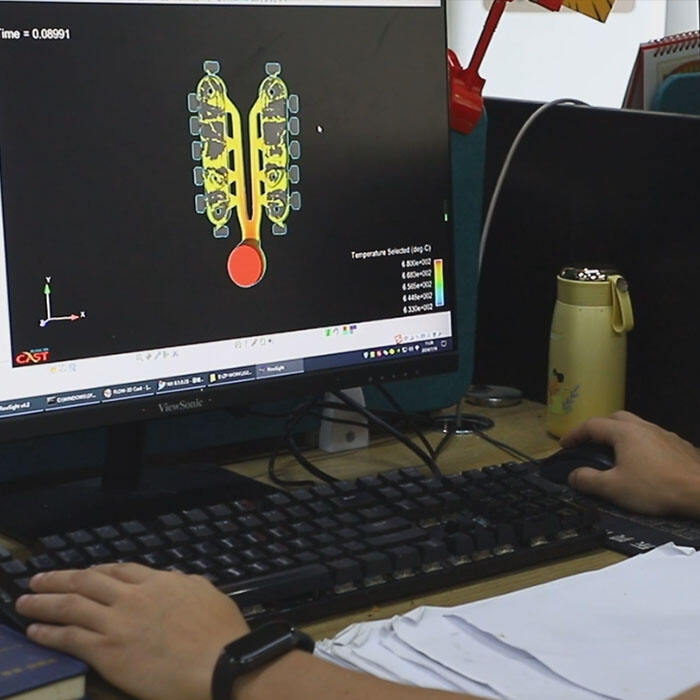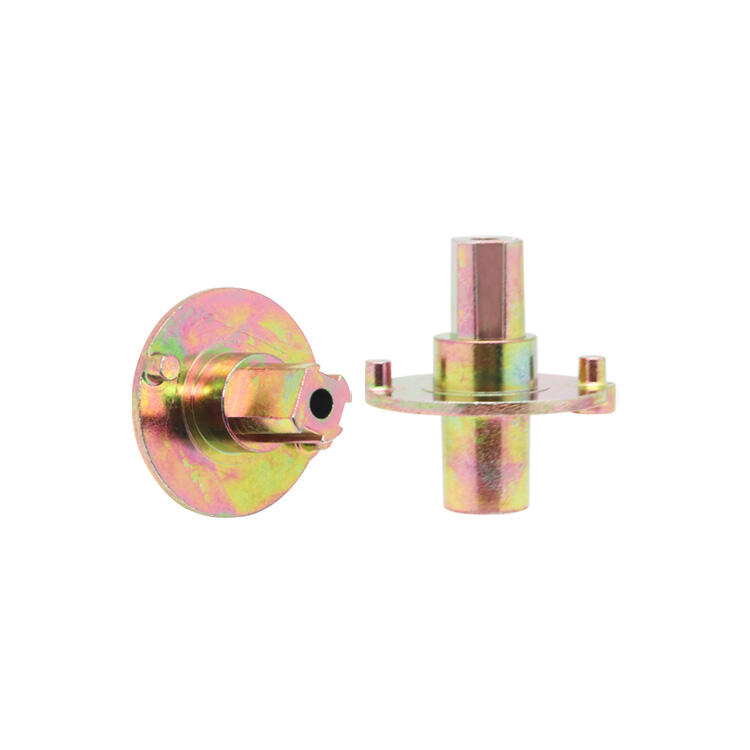Material Versatility
One of the key characteristics of a casting is its ability to form in many different materials. From aluminum to steel, copper, titanium and alloys of all shapes and sizes - all are grist for the mill when it comes to casting I process them. For the special requirements of each customer's application, such as strength, corrosion resistance or thermal conductivity, choice of material is vital. Casting through offering selections in materials gives us exact answers Some argue that, depending on intended uses product must pass an attitude test to determine its exact content and longevity.


